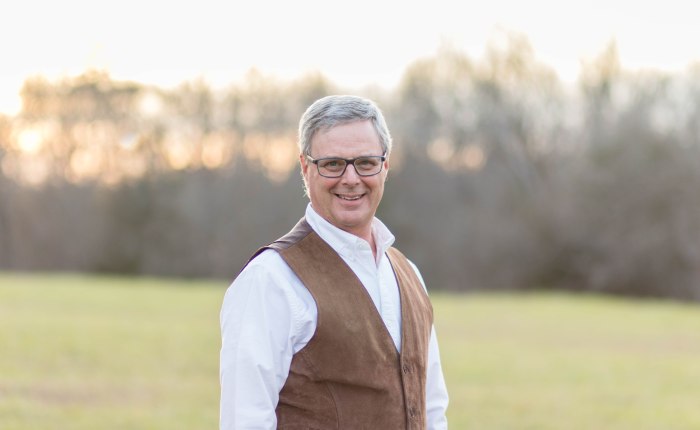A visionary leader gets betrayed and kicked out of his spiritual community. He is deeply hurt and confused. He cannot see a way forward. Can anything good come out of that?
A decorated war veteran gets court-martialed, ruined by the Army and the country he seeks to serve, simply for telling the truth. Can anything good come out of that?
The world succumbs to a global pandemic, the likes of which hasn’t happened in a hundred years. Can anything good come out of that?
Several conversations, books, and documentaries posed the same question: A disaster happens. Maybe it is personal. Perhaps it is public. It could be global, but it happens, and all that people in the middle of it can see is the downside.
I’m learning that if we watch and wait, if we trust God and keep a positive attitude, there can be an upside. I’m looking for that with Covid-19, and here’s what I’ve found.
Remarkable advances have happened in medical technology and vaccine development. Scientists and pharmaceutical companies produced vaccines in record time with new methodologies. Global trade almost guarantees that more viruses, perhaps much worse, are coming. We now have the medical science to combat them.
Many people heard the phrase “supply chain” for the first time in 2020. Everyone in the logistics business is figuring out how to do it better. We also have a deeper appreciation for truck drivers, grocery store clerks, and toilet paper!
Forced isolation created powerful opportunities for personal reflection on what matters. Too many of us go thoughtlessly through life. Covid-19 forced us to slow down and consider how we spend our time.
Fear of death caused all to pause momentarily to think about our eternity. That is never a bad thing.
We appreciate and support the performing arts. Great music performed by gifted artists is a uniquely uplifting human experience. I plan to attend more concerts.
Public worship. Nothing can duplicate the experience of the gathered church in worship. I can’t wait till we can all be together again, singing our hearts out to God and experiencing his presence in our praises.
The visionary leader was Joseph, whose brothers sold him into slavery. God used him to save his family and Israel, from whom came the Savior of the world. Joseph is a model for several people I know today, whose stories are still being written.
The military leader was General William “Billy” Mitchel. He foresaw the role of airpower in the 1920s. He publicly accused the War and Navy departments of “incompetency, criminal negligence, and almost treasonable administration of the national defense” for refusing to recognize it. He predicted the Japanese attack on Pearl Harbor, and his followers successfully led the Army Air Force through WWII. In 1946 the U.S. Congress authorized a special medal in his honor; it was presented to his son in 1948 by one of his disciples, Gen. Carl Spaatz, chief of staff of the newly created U.S. Air Force.[1]
The greatest disaster happened to the man from Nazareth on what we now call Good Friday. Or was it a disaster after all?
What good can you find from Covid-19?








